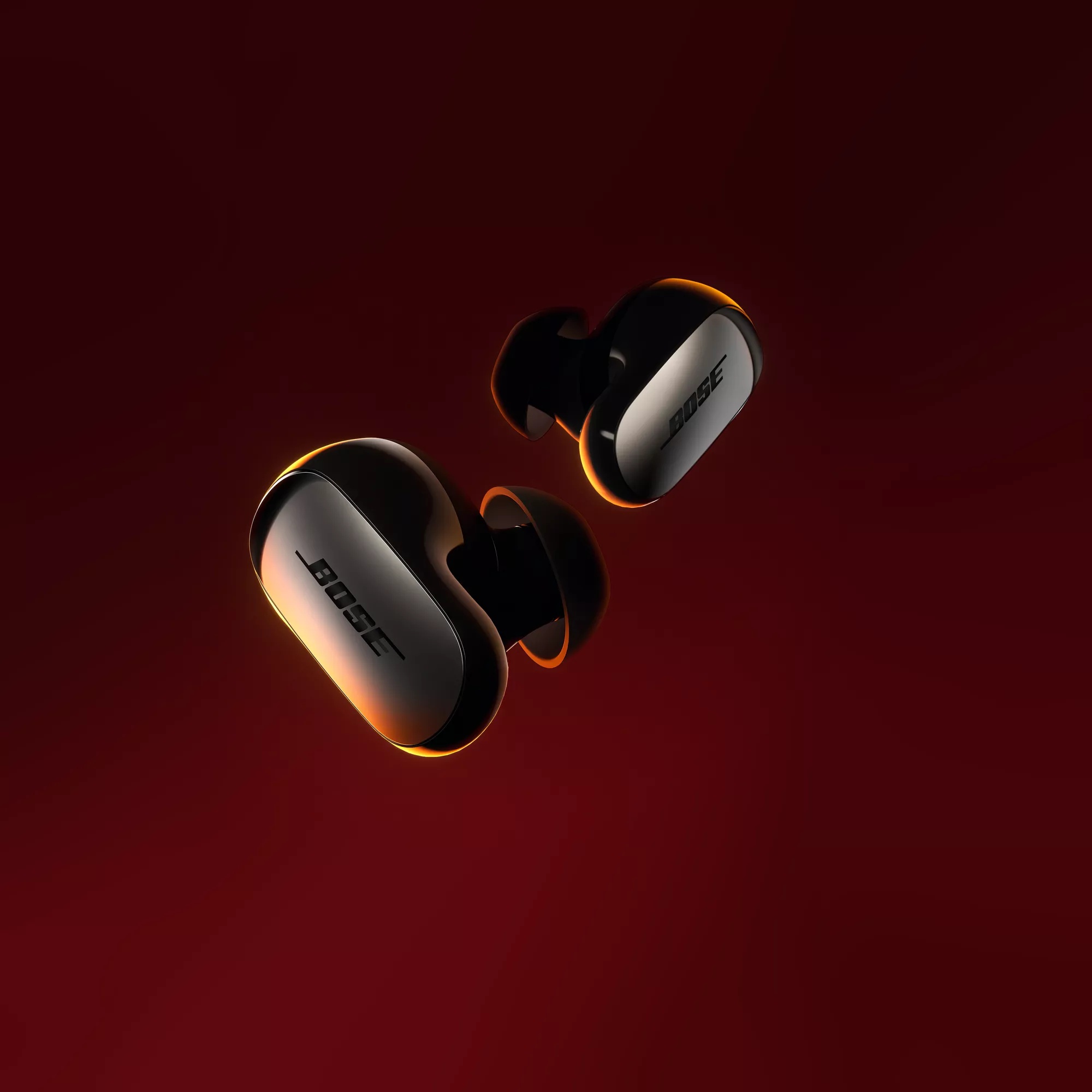Save $30 off SoundLink Flex Speaker (2nd Gen) — $40 off limited-edition Petal Pink! Buy now
Don’t underestimate the power of music
1. Drown out distractions

2. Make meditation effortless

3. Facilitate your flow
4. Pump up your endurance
Featured in this story
Color:
Deep Plum


